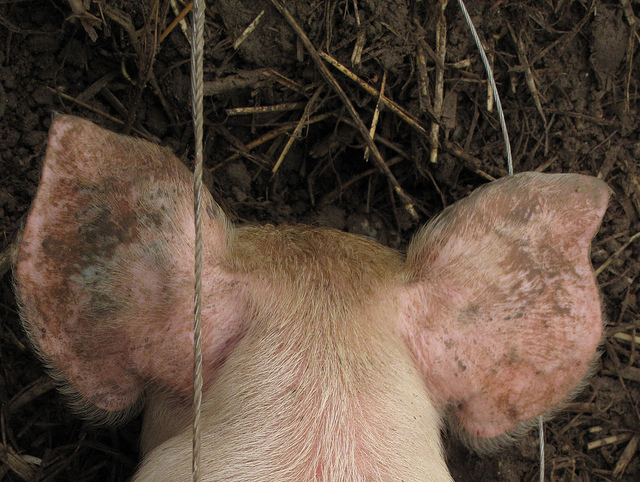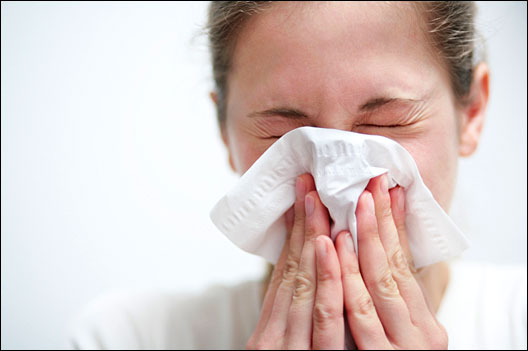Radiation is an effective treatment for some serious illnesses, but it’s not generally applied to the common cold — unless you bought a metal tissue box from Bed Bath & Beyond. In January, the retailer recalled tissue boxes from 200 stores because they had been contaminated by radioactive metal.
A spokesperson said there had never been any health danger from the radioactive boxes, which had apparently somehow come in contact with medical-use cobalt-60. The recall came “out of an abundance of caution.” But with an abundance of caution in play, how do you end up importing and vending irradiated products?
The trouble is that scrap metal collectors don’t usually go out with a Geiger counter, so dangerous scrap from medical or military instruments may be mixed in with the innocuous stuff. It’s not just tissue boxes — there have also been nuclear elevator buttons in France and radioactive reinforcing steel in Taiwanese apartment blocks. The U.S. mostly catches and denies dangerous imports, which mainly come from India and China; between 2003 and 2008, more than 150 product shipments were turned away from port because of radiation. But occasionally, apparently, something slips through.
Short of going shopping in a hazmat suit with detecting instruments, what can you do? Well, for starters, sit tight — an upcoming nuclear summit in Seoul is set to establish new rules for scrap handlers, plus setting limits on consumer products with radiation levels too low to be technically considered harmful, but high enough to be dangerous with long exposure. And if anyone complains to you about “regulation” and “big government” because of these rules, just hand them a tissue from your new metal box.



